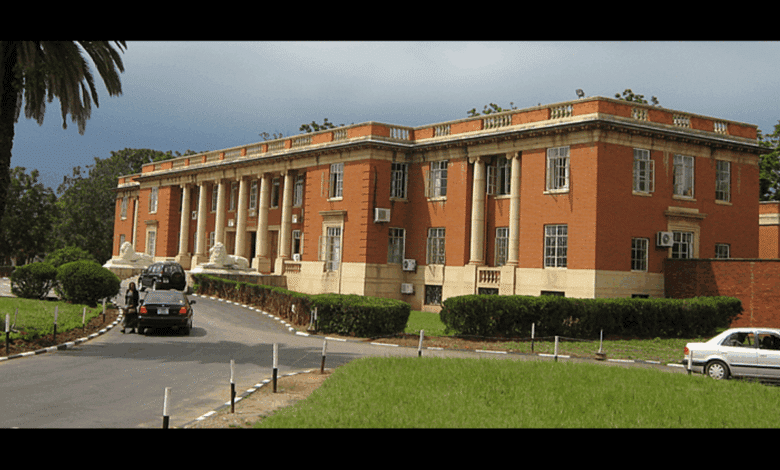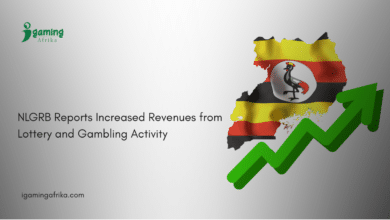Zambia Court Upholds 10% Betting Excise Duty as Operators Halt Operations

Major betting companies in Zambia, including Betway and betPawa, have temporarily suspended their operations following the introduction of a 10% excise duty on betting stakes, a move they describe as financially unsustainable.
The excise duty, introduced under the Customs and Excise Act of 2025, has sparked a major standoff between gaming operators and the government. Betting companies insist that the tax was introduced without sufficient consultation, adding that its structure is unclear and burdensome.
In response to the new levy, Betway and betPawa filed a constitutional petition seeking to block the government from implementing the measure. They described the excise duty as “excessive, ambiguous, unimplementable, and financially unsustainable,” warning that it could trigger business closures and job losses across the gaming sector.
Read Also: Youth, Policy, and Progress: Lloyd Ekweremadu’s Approach to Responsible Gaming in Enugu
However, the Constitutional Court dismissed the petition, allowing the Zambia Revenue Authority (ZRA) to continue collecting the duty. According to ZRA Corporate Communications Manager, Oliver Nzala, the petitioners had argued that Section 7 of the amended Act violated Articles 8, 9, 10, 89, and 198 of the Constitution. The Court, however, ruled that the companies had not raised sufficient constitutional grounds to justify suspending the law.
Mr. Nzala explained that the tax is a consumption levy on players, not on the betting firms themselves. He added that the duty was developed following stakeholder engagement, and that the operators’ financial concerns were speculative rather than evidence-based. The ZRA also defended its decision to proceed with enforcement, emphasizing that the “pay now, argue later” principle common in tax administration applies to this case.
With the ruling in place, Zambia’s betting companies now face the challenge of adjusting to the new tax regime. While regulators maintain the tax supports national revenue, operators argue that its timing and design could undermine growth in Zambia’s gaming industry.






















